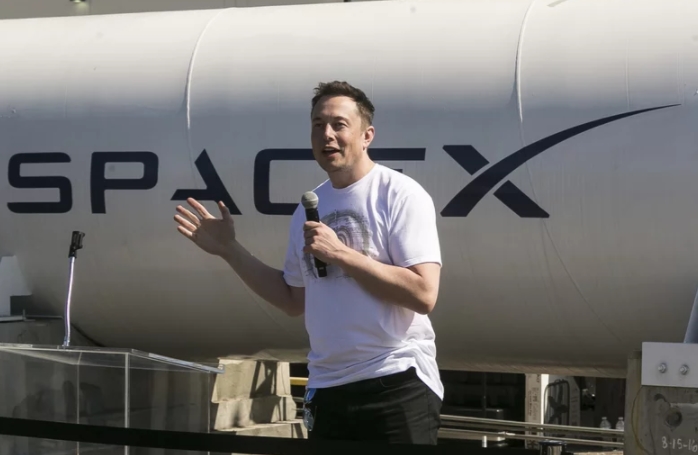
Washington, D.C., has issued a permit allowing Elon Musk’s Boring Company to do preparatory and excavation work in what is now a parking lot north of the National Mall. The company says the site could become a Hyperloop station.
The permit, reported Friday by the Washington Post, was issued way back on November 29th of 2017. The permit is part of an exploratory push by the city’s Department of Transportation, which according to a spokesperson is examining the feasibility of digging a Hyperloop network under the city. The Hyperloop is an as-yet theoretical proposal to use depressurized tubes and magnet-levitated pods to move passengers at very high speeds.
A Boring Company spokesperson told the Post that “a New York Avenue location, if constructed, could become a station” in an underground transportation network. The Boring Company last year showcased the possibility of moving cars underground on mag-lev sleds, though that concept wasn’t quite a version of the Hyperloop proper.
The increasing prominence of Musk’s own Boring Company in pushing for Hyperloop construction is a notable reversal of the entrepreneur’s initial plans for the concept. When he unveiled a paper describing the idea in 2013, Musk said he wouldn’t be directly involved with building it. That led several independent startups, including Hyperloop One and Hyperloop Transportation Technologies, to take up the cause.
But last summer, Musk started touting tentative Hyperloop partnerships between the Boring Company and governments in the Northeast U.S. A few weeks before the D.C. permit was issued, Maryland issued a permit for the Boring Company to build a 10.3-mile tunnel on a route between Baltimore and D.C.
Other Hyperloop projects have made headway in Europe and the American midwest, presenting the possibility of multiple regional Hyperloop systems operated by different companies.
The Hyperloop concept as a whole, though, has come under renewed scrutiny lately. It’s unclear how such a huge project would be paid for — selling Boring Company flamethrowers is unlikely to cover the bill. More fundamentally, urban planners have argued that the Hyperloop, which would use small pods to carry a few riders at a time, can’t scale sufficiently to really address urban transportation needs. Musk, in an unusual fit of pique, recently replied to one such criticism by calling its author an ‘idiot.’

